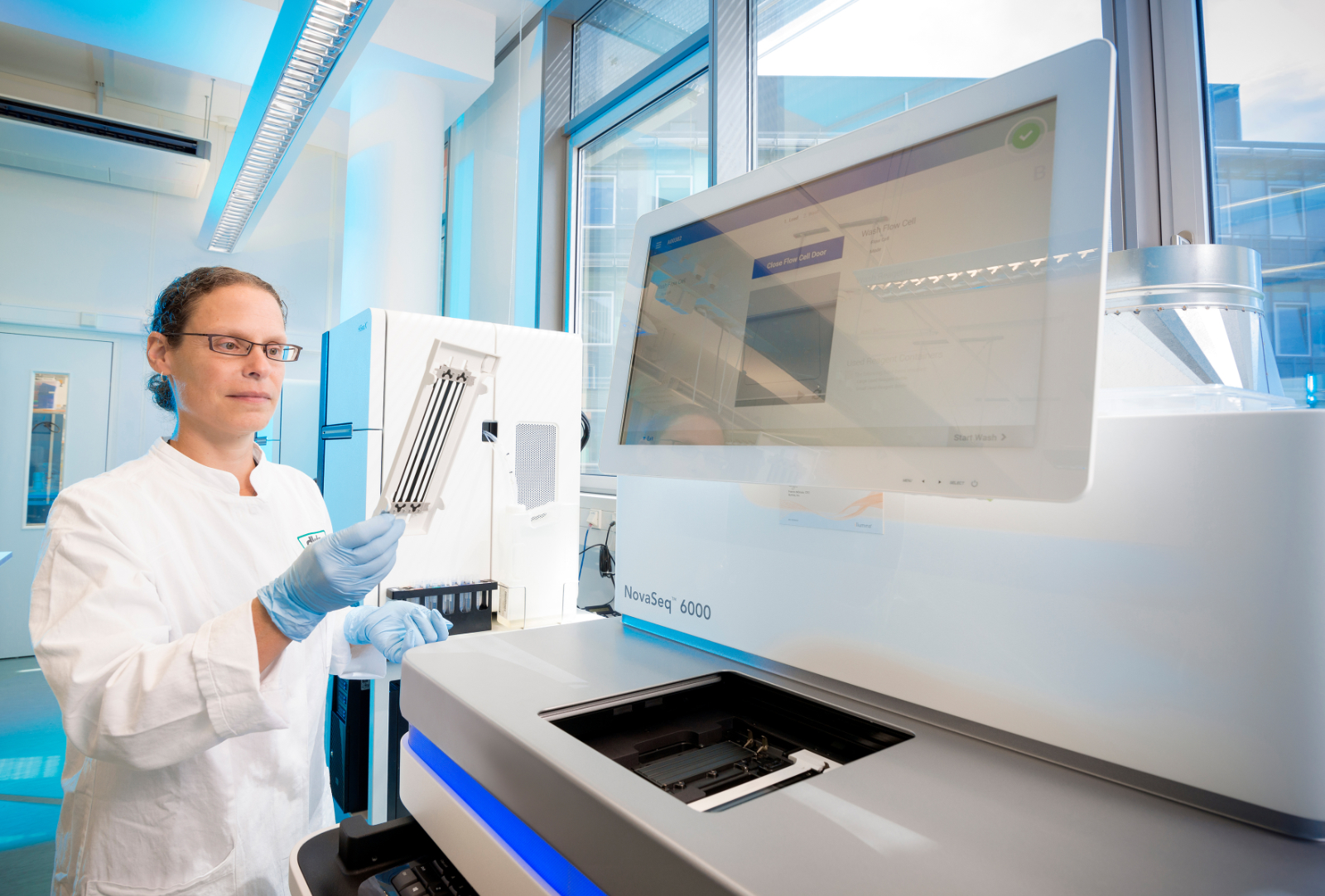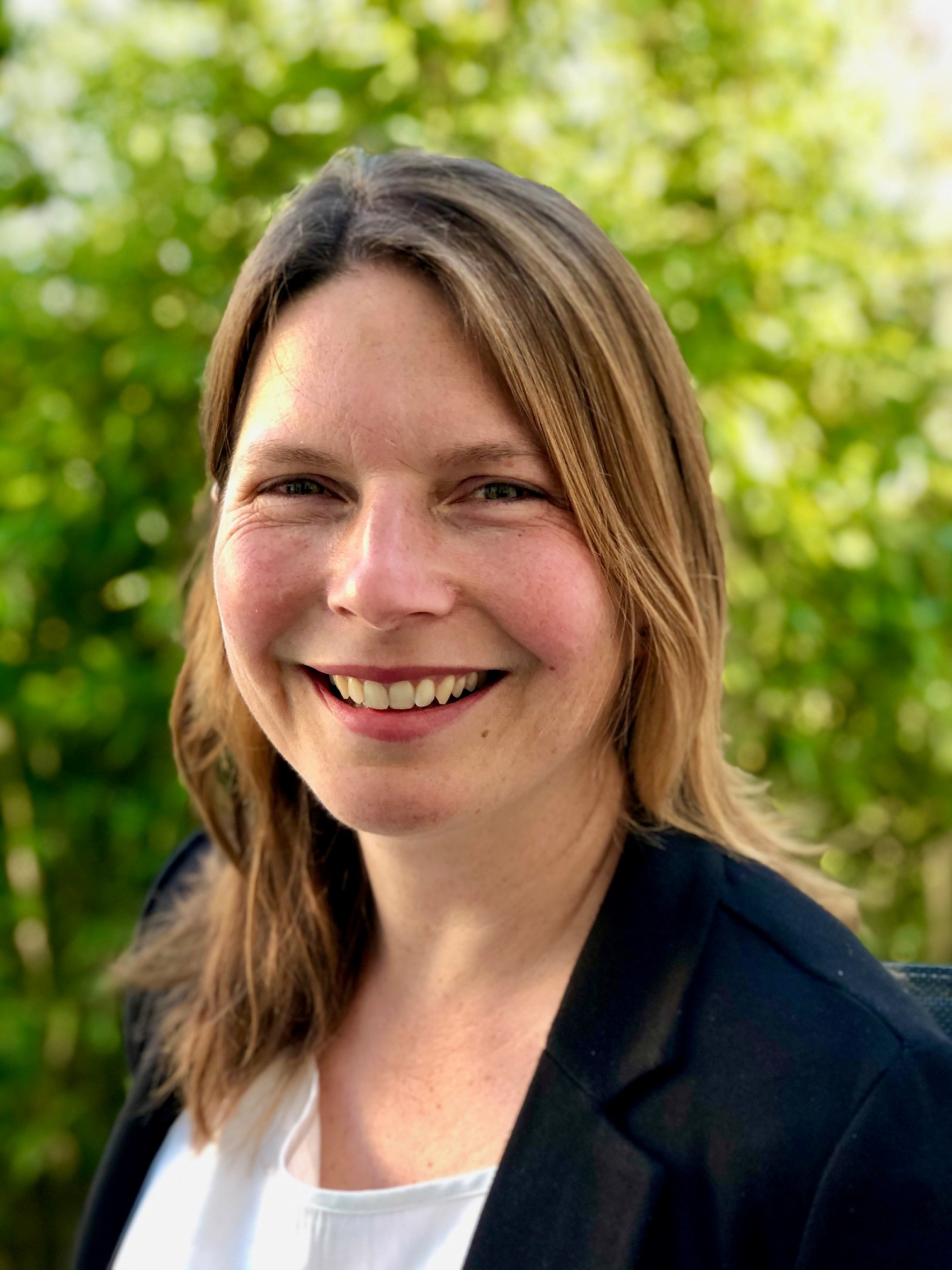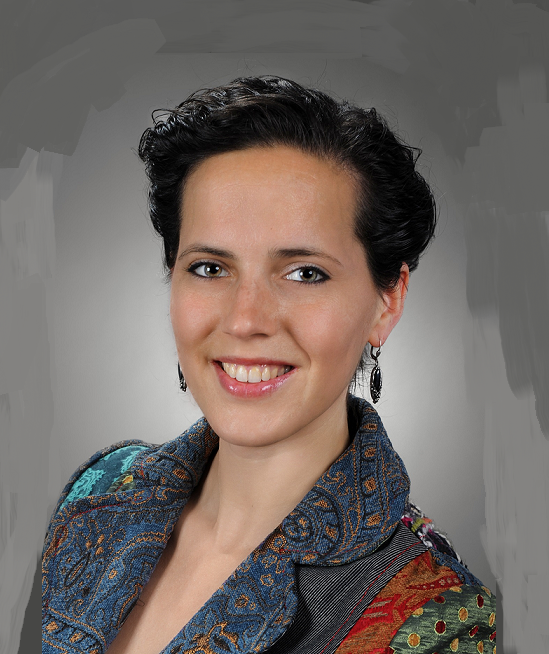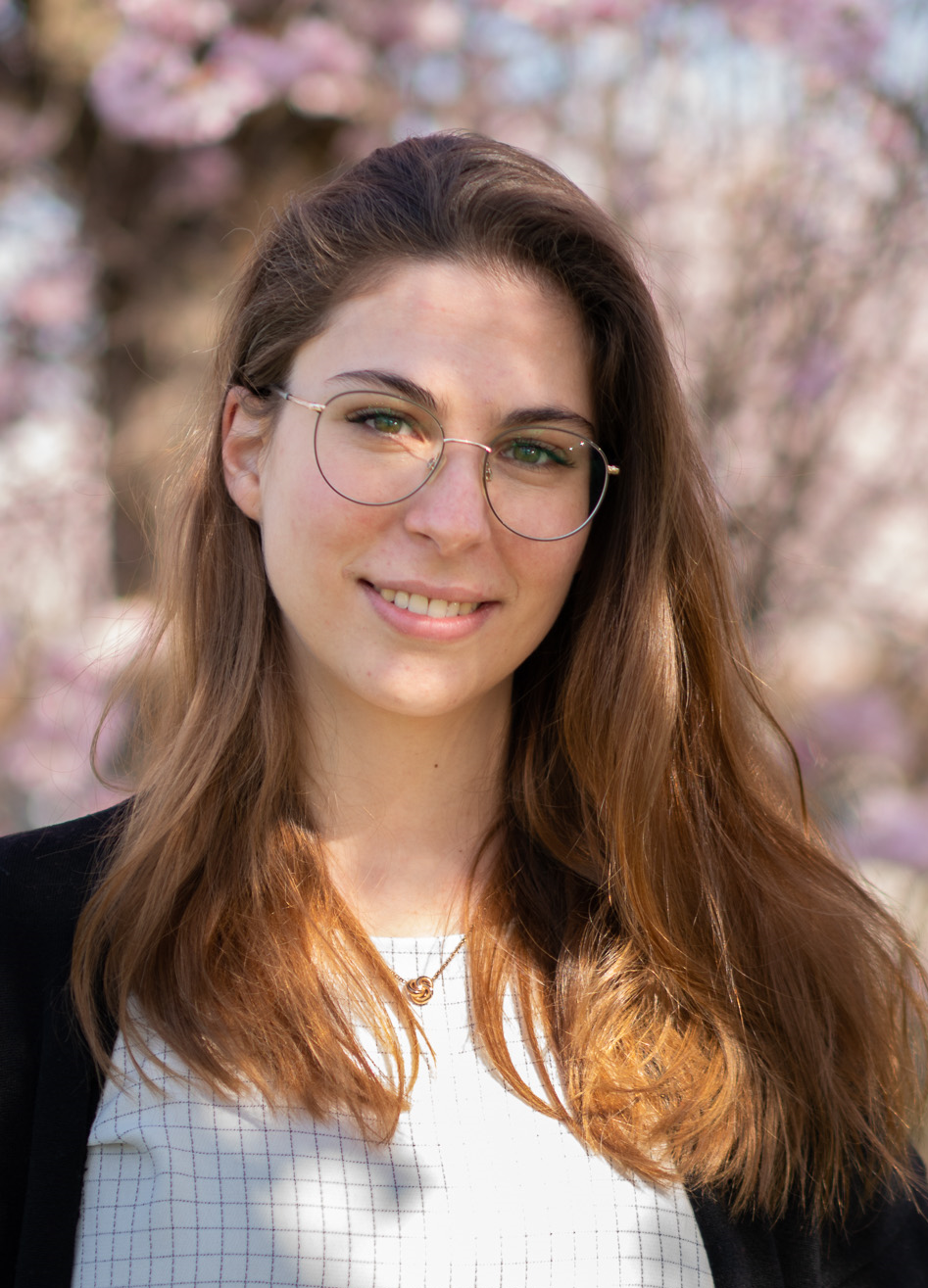The Hopp Children’s Cancer Center Heidelberg (KiTZ) is a joint institution of the German Cancer Research Center (DKFZ), Heidelberg University Hospital (UKHD) and the University of Heidelberg (Uni HD).
"Thanks to the new care contracts and cost coverage, children with cancer in Germany who suffer a relapse can receive state-of-the-art cancer diagnostics," says a delighted Olaf Witt, Director at the Hopp Children's Cancer Center Heidelberg (KiTZ), Head of the Clinical Cooperation Unit Pediatric Oncology at the German Cancer Research Center (DKFZ) and Senior Physician at Heidelberg University Hospital (UKHD).
Children and adolescents with cancer who have relapsed are particularly at risk. The cancer cells are then often already resistant to the usual standard treatments such as chemotherapy and radiotherapy, and the chances of a cure are poor. This affects about 20 percent of all children and adolescents with cancer in Germany. Modern treatment methods such as immunotherapies and targeted therapies that attack very specific molecular and genetic weak points of the cancer cells could help. "But in order to be able to assess which of the specific therapeutics might be effective, extensive molecular genetic diagnostics and counseling is necessary, which has not yet been part of standard care," explains David Jones, coordinator of INFORM and research group leader at KiTZ and DKFZ.
A total of 55 statutory health insurers listed on the DKFZ website now cover the costs of molecular tumor analyses in the INFORM (INdividualized Therapy FOr Relapsed Malignancies in Childhood) registry study, which can include children with cancer who have relapsed or have high-risk disease.
"In this situation, it's all about quality and speed, which are ensured in the INFORM analyses by combining outstanding scientific expertise with many years of experience in complex analytics," says Dr. Carola Reimann, chairwoman of the board of directors of the federal association of general health funds. "Speed is particularly important because tumors in children often grow faster and are more aggressive than in adults," Reimann emphasizes. "Through the INFORM genome sequencing program for children with cancer, it is possible to identify molecular targets that will open up new individually tailored treatment options.
The aim is to improve the young patients' chances of survival," explains Franz Knieps, Chairman of the Board of the BKK Dachverband. "We helped negotiate the care contract in order to make the best available diagnostics and therapy recommendations available to the affected children and their parents," emphasizes Franz Knieps.
INFORM is a program, so far unique in Europe, of the DKFZ and the UKHD, which has enabled molecular genetic cancer analyses for children and adolescents at KiTZ since 2015. The analyses have so far been financed by third-party funds, private donations and, at times, project funding from the German Federal Ministry of Education and Research (BMBF). Doctors can send their patients' tumor samples to Heidelberg. There, the tumor genome is decoded and searched for therapeutic targets.
In addition to molecular tumor analyses, INFORM develops additional analytical methods, such as laboratory tests that help identify an effective drug. Tissue samples from the young patients grow into mini-tumors in the laboratory. These mini-tumors are then used to test around 80 drugs that are clinically available and can therefore be used immediately for treatment. It takes a total of four weeks for all INFORM data to be available for a possible therapy recommendation and evaluated by an interdisciplinary tumor board with experts from pediatric oncology, human genetics, bioinformatics, molecular biology, (neuro)pathology and for clinical studies. The treating physician also participates in order to be able to make a recommendation to the affected families afterwards. In some cases, the INFORM results also lead, among other things, to a correction of the diagnosis or identify hereditary forms of a cancer that are associated with a familial risk. The recommendation may be, for example, that the patient participate in a clinical trial. If that is not possible, single-cure trials may also be considered as treatment based on the results.
In the INFORM consortium, scientists from KiTZ, DKFZ and UKHD have joined forces with the study groups of the Society for Pediatric Oncology and Hematology (GPOH) and work closely with the pediatric oncology centers in Germany. Since 2015, more than 2500 children and adolescents with cancer from 100 centers in 13 countries have been enrolled in the INFORM program. "Continuation of INFORM services in this form would not have been possible without the cost coverage of the participating health insurers," says Witt. "We hope that other health insurers will join in and also make INFORM services available to their insured patients."
The project will continue to rely on donations for the development of further diagnostic arms, such as drug testing, and the expansion of transnational structures for children with cancer from other countries. "We would therefore also like to express our sincere thanks to all of INFORM's supporters who made it possible to launch this unique program in the first place, so that it is now part of standard care."




